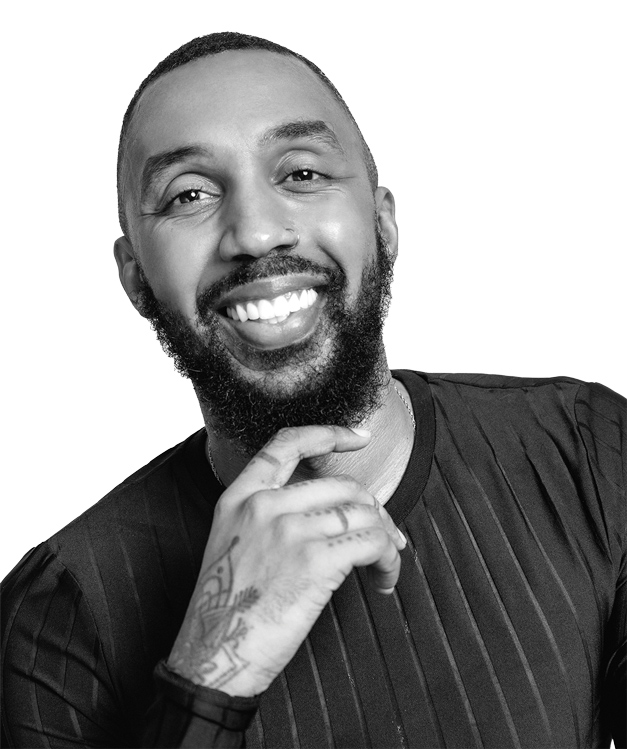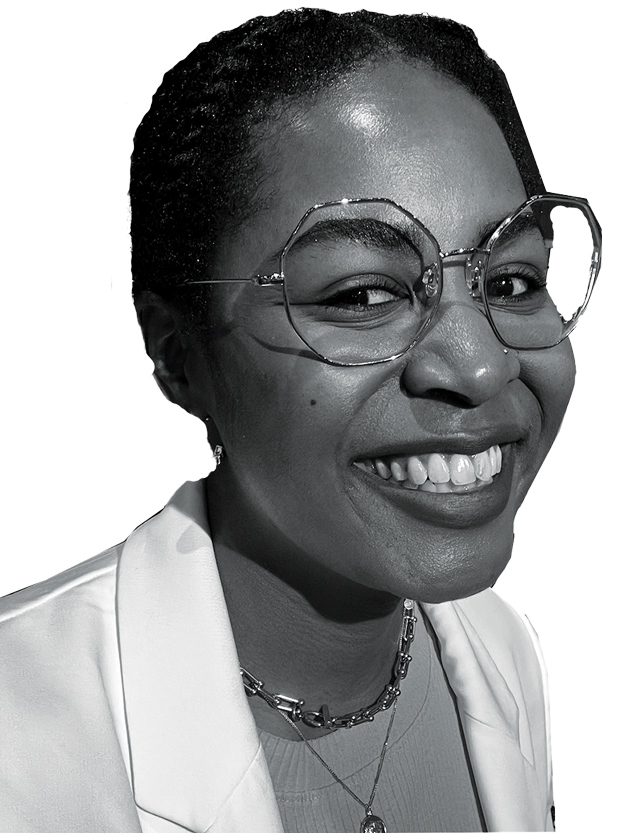In this week's edition of Endnotes, we take a look at the most challenged book of 2024, George M. Johnson's All Boys Aren’t Blue, a collection of personal essays about identity and family. In it's starred review, PW says "In a publishing landscape in need of queer black voices, readers who are sorting through similar concepts will be grateful to join him on the journey."
Here's what happened after this book was banned:

George M. Johnson
“I contacted my publisher and the teams I worked with to let them know I was going to fight this publicly. I started writing articles about the bans. Started to do more social media content, and going on TV to discuss the fight. In a beautiful way the bans have allowed me to understand how powerful my story is, but even more, they taught me to really appreciate the lives the book has saved and touched.”

Patrice Caldwell
“Coming from a family with deep roots in community organizing, I know how easily this sort of work can burn you out mentally and physically. So, I’m the person who’s looking at deadlines, who’s looking at events they’re doing, and saying, is there the right security, do you have downtime for yourself, are you sure you need to be doing this?”

Molly B. Ellis
“I’ve worked with my team to develop an arsenal of strategies for supporting authors so that instead of being caught off guard when we learn about censorship we can immediately respond. We have a responsibility to support the creators who have trusted us to shepherd their books into the world, and that includes helping them navigate censorship.”

Jonathan Friedman
“Attacks on George’s memoir are an assault on their very personhood. As we continue the fight, we have to continue to file legal challenges where possible and also meet the moment with the necessary resolve to fight for books at the community level, for as long as it takes to keep them on the shelves.”








